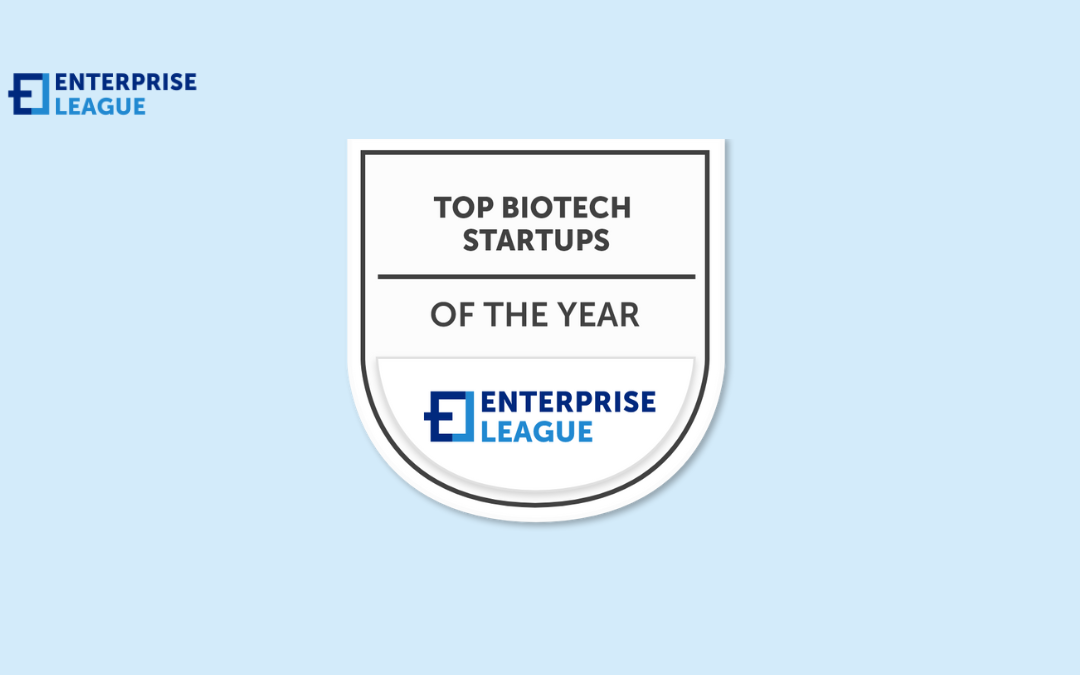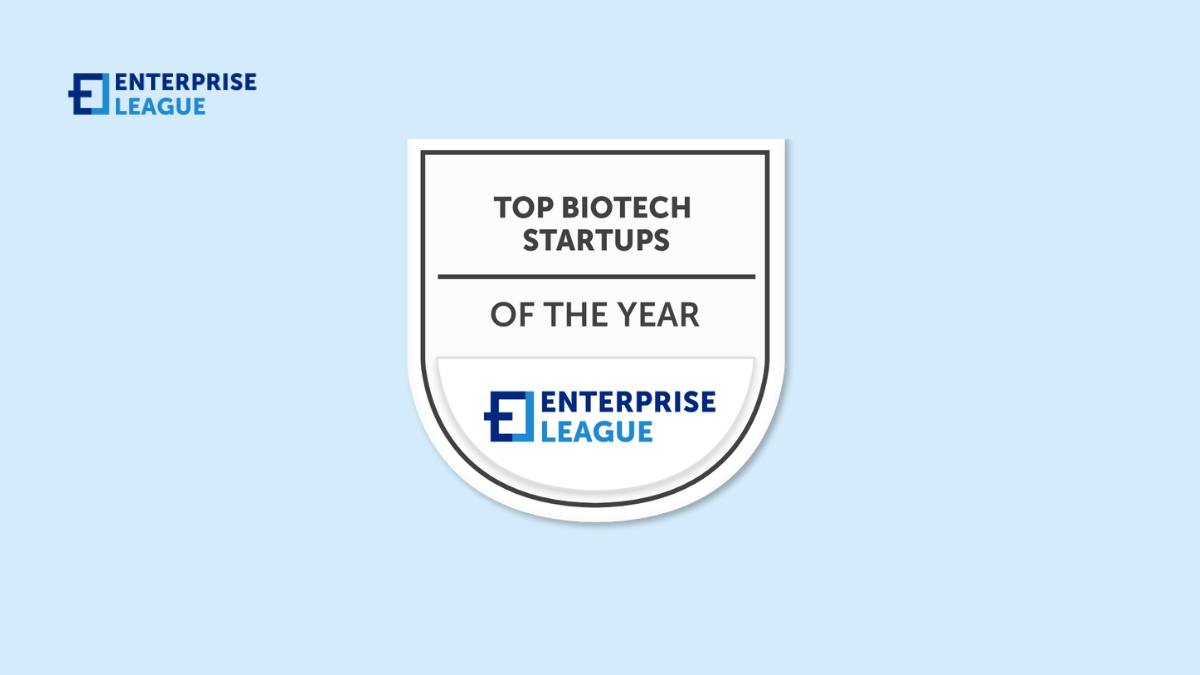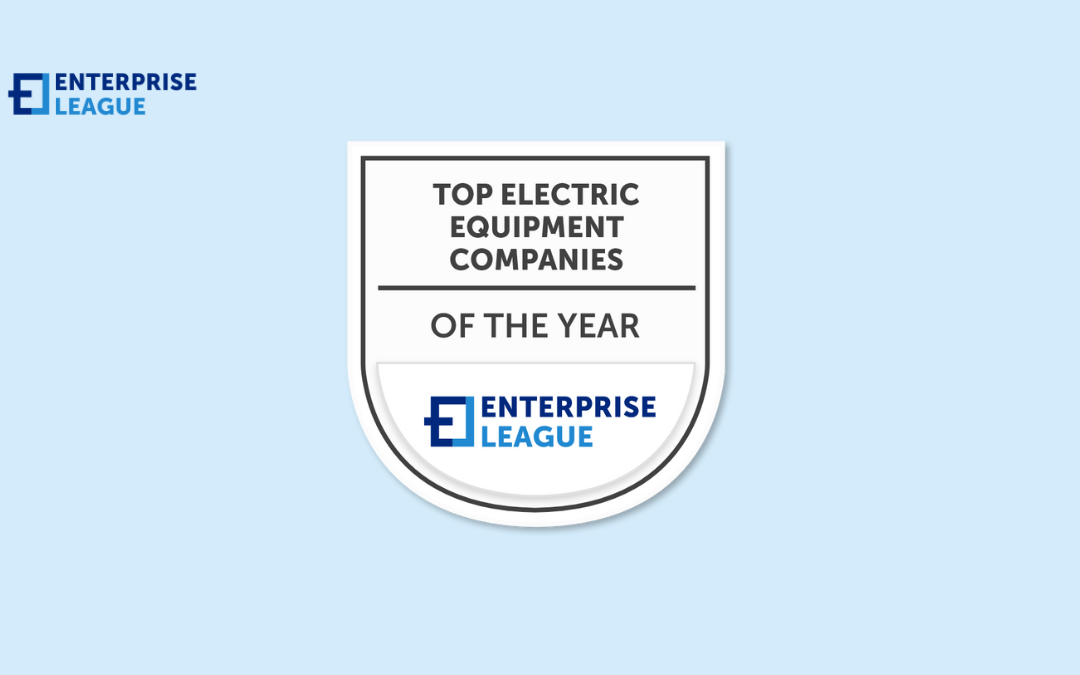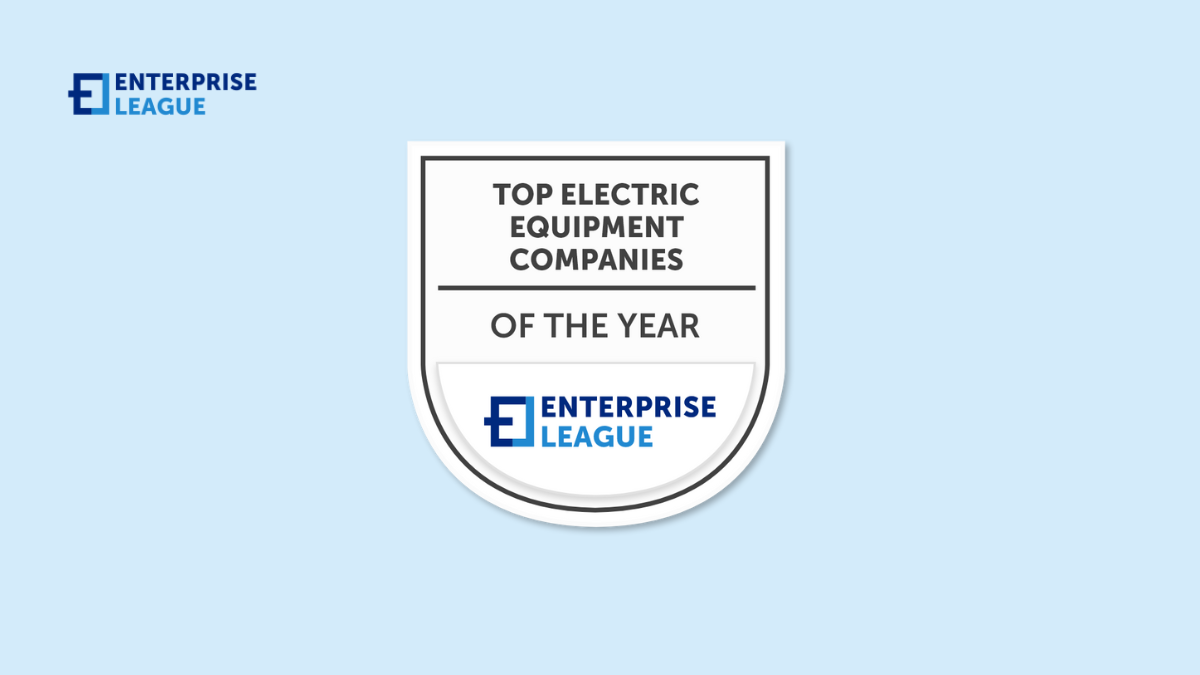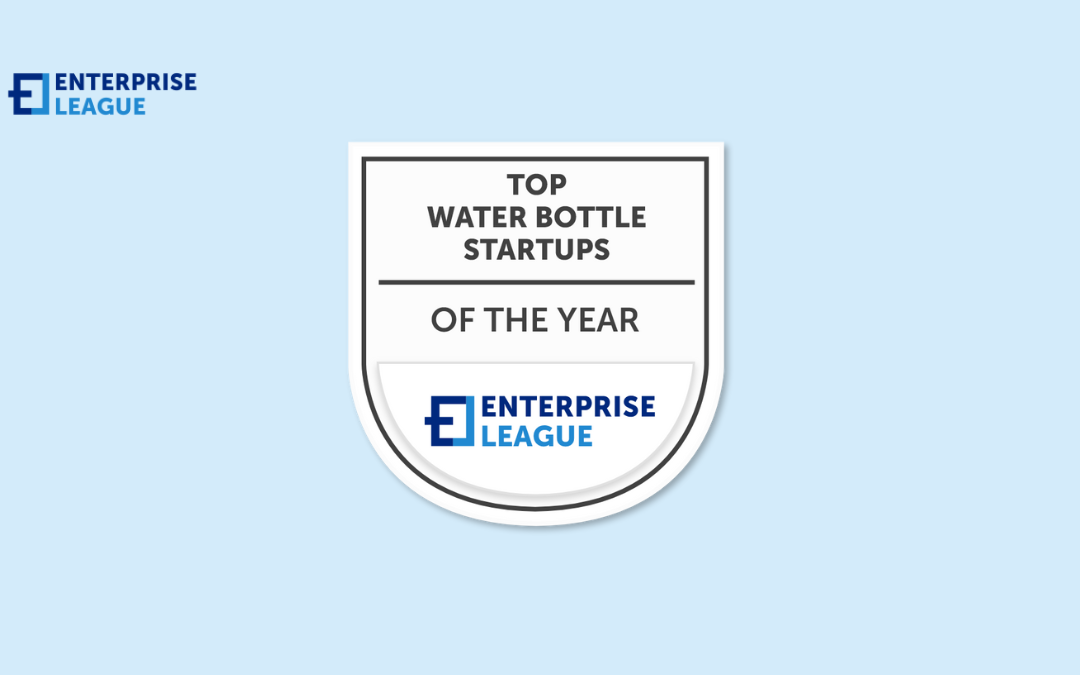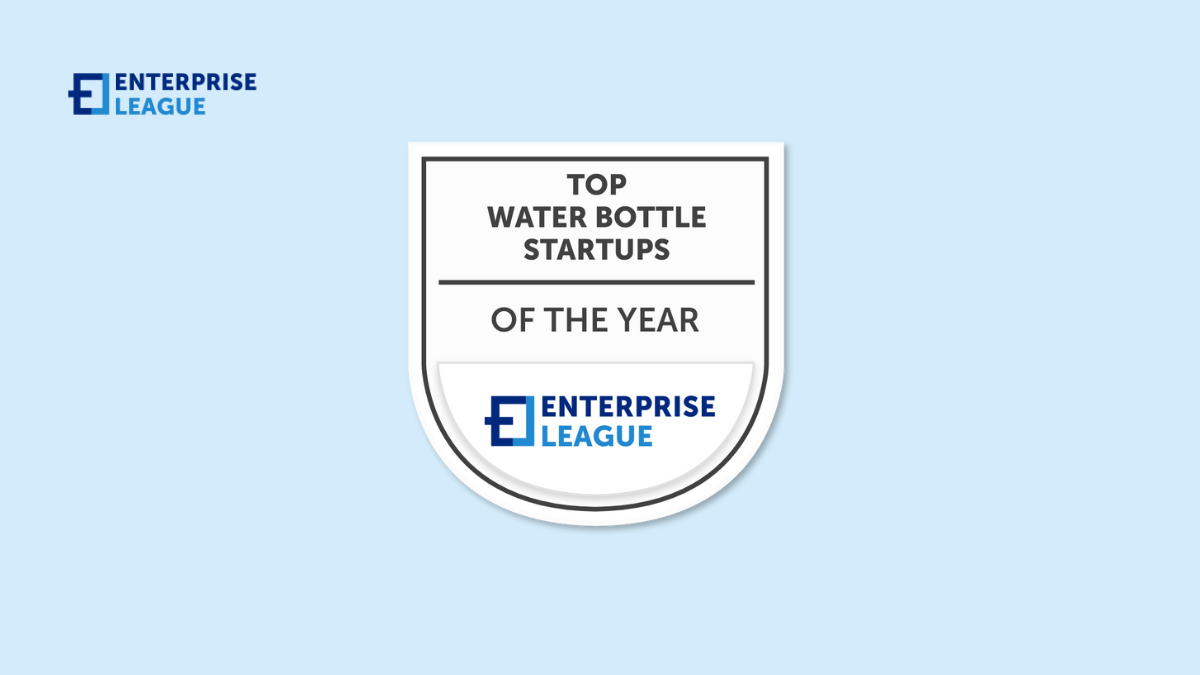In the bustling streets of Manhattan, where millions walk crowded sidewalks, heavy traffic, and towering construction sites daily, accidents resulting from negligence occur with unfortunate frequency. Personal injury law provides a framework for victims to seek...

Employees not getting along: 10 ways to deal with it
Employees not getting along is one of the worst nightmares possible for every business. Since the office is one of those places where we meet different types of employees, this means dealing with a mix of personalities and working styles. If not managed well, this whole diversity can easily turn into a catastrophe that will affect team dynamics, work productivity, and eventually at some point, the company’s success. In fact, poor conflict resolution is often one of the early signs of a bad boss and can quickly erode team morale if left unchecked.
Picture this, two of your good employees are not getting along. Both of them are good employees, so getting rid of them is out of the question. What now? Well, you can’t let the animosity and quarreling linger because that will disrupt the entire team. You have to deal with the situation and resolve the issue before the bad vibes around the employees start impacting the overall work.
Jump directly to:
1. Get them to know each other
2. Give them space, literally
3. Stay neutral
4. Put technology to good use
5. Be the mediator
6. Treat the problem
7. Hire a facilitator
8. Find the cause for the tension
9. Let them work together
10. 3 strikes, and you’re out
How to handle employees not getting along in the workplace?
Knowing how to handle employee conflict in the workplace is a valued virtue of superior leaders. That often comes with years of experience, so if you’re not seasoned don’t beat yourself for not knowing how to deal with conflict between employees.
Luckily, we got a handful of managers and business owners to speak about their experiences with employees not getting along. They provided precious advice and practical tips on how to deal with them.
Get them to know each other
It soon became obvious, unfortunately, that there was a lot of resentment from the core engineering team in California. Our guys with advanced degrees from MIT and Princeton who had worked in Big Tech before were not taking the kid seriously at all, even though he was absolutely their equal when it came to technical capability.
I ended up resolving the standoff by making an arrangement with our VP of Engineering to fly the new hire to SF for a couple of weeks so the on-site engineers could get to know him well as they paired up on coding tasks at our headquarters. All mistrust melted away in a day or so.
Give them space, literally
But, if the problem still persists, you may need to speak with them about how important your company culture is, and why you require a peaceful, healthy work environment.
Stay neutral, but not indifferent
Being the head of the marketing team, I often have to deal with situations where team members have disagreements and conflicts with each other. Here are my insights on how to handle employee conflict in the workplace:
- I don’t intervene if not necessary. I want my employees to be self-sufficient so I always encourage open communication and resolution among the employees involved.
- I confront at the right time. If you keep ignoring the conflict for too long, it can allow it to fester.
- I stay neutral and listen to both sides so that I can assess the situation. Once I have uncovered the underlying problem, I try to find a solution by involving the employees that had the conflict. Together we find the common areas of agreement, and determine the actions to be taken by everyone involved. This way, there is no finger-pointing and the issue gets resolved amicably. For example, one time, I had to reorganize teams to give the employees involved time to cool off. It helped in improving the overall workplace dynamic.
- I document all workplace incidents to monitor behavior over time and identify the repeat offenders that may be negatively impacting our workplace
Put technology to good use
We have a flexible start time in our office and we had a situation where two members of our customer booking team preferred to start at different times of the day. One preferred coming in early in the morning at 8am, while the other had to start at 10am due to family commitments. This led to a lot of issues and disagreements between two team members, as the early starter would pick up all of the sales leads that came through the night before.
As a manager, the first thing I did was try not to make the situation worse. I took the time to genuinely listen to both individuals and I encouraged them to discuss the situation as adults, this led to a reduction in tensions. We then adopted a free employee scheduling app to allocate overnight leads equally among our sales reps, and that eradicated the problem going forward.
Be the mediator and provide solutions
In mediating any dispute or animosity, it’s important to understand where the source of the conflict is coming from rather than the events or manifestation of the disconnect.
After speaking with both employees to better understand the root cause, it’s important to sit both employees down together to review the issues in a productive, solution-oriented fashion. To do this, ask questions that help each employee understand how their actions are being perceived or interpreted. Mediators should follow-up and state opinions, where needed, but focus on less as a percent of the air-time in these conversations and do so to continue to propel the conversation forward or help reveal some of the answers if one side is getting stuck.
In the end, conflict naturally happens all the time at critical junctures but it’s important that it doesn’t linger after decisions are made or it becomes personal. In cases where conflict continues to exist, or there’s a repeat offender, it’s worth considering the employee’s fit at the company if that person is causing managers and other team members to spend so much time having to manage the conflict.
Treat the problem, not the symptom
Ideally, a company’s corporate culture already embraces HR’s role in continually developing global leadership competencies that help prevent problems like these from occurring. The 21st-century leader will need to have skills and know how to mediate conflict between employees. A crucial step in resolving conflict is to focus on needs. When managers can focus on needs versus positions, they have a lot higher likelihood of resolving the conflict by themselves and not needing to escalate to HR.
It is more important to resolve conflict thoughtfully than swiftly. Often managers make problems worse by thinking they need to nip things in the bud thereby dealing with the symptom and not the actual problem. Trying to squash a conflict might suppress an underlying team dynamic that is better addressed. Employees feel a sense of relief when such issues are raised within a safe and healthy feedback loop. It’s normal and natural to have conflict. Normalizing it doesn’t make it such a taboo subject. Rushing the process is what distracts managers from being fully present, which is what conflict resolution requires. It requires people and teams to slow down and give the relationship management the gravitas it deserves.
If managers don’t know how to handle employee conflict internally, then it’s time to bring in an outside trainer or coach, depending on the specific scenario. Coaching costs organizations a lot of money, so equipping HR pros to manage the process is the first step. If there isn’t an HR pro in the company who is trained in conflict resolution or has their ICF coaching certification, then it is a good time to invest in one internally if possible and externally as a second option.
Sometimes HR pros will hire an external coach as a strategic move, since there is more a sense of confidentiality. Whether or not to choose an internal or external coach is a decision that can be made jointly by the parties involved.
Hire a facilitator as a middle person
We’ve encountered workplace friction of varying degrees over our 17-year history. The most sensitive one had to be when two very valuable employees absolutely had total disdain for each other.
We tried everything. Once peer mediation was not successful, we resorted to physical separation between offices and hired a facilitator to serve as the middle person between the two disgruntled employees. This worked surprisingly well. Thanks to the facilitator, the two team members, though not BFFs, work together surprisingly well now.
Discuss what causes the tension
At a previous company, I had two directs who couldn’t stand to be in the same room. One was a sales representative, the other was an operations specialist and they were in a position where they had to work with each other regularly.
My approach was to ask them individually what the cause of the tension was from their perspective. From there, I asked each of them if they would be comfortable meeting as a group to discuss everything. They agreed, and I asked them to prepare a list of pain points they would want to review with the other.
When the meeting came, only one person was allowed to speak and had to indicate when they were finished for the other to respond. This meeting was roughly two hours, but resulted in each direct feeling listened to, validated and understood. They were able to work together swimmingly following this interaction.
Put them together to work on a project
Surprising as it may be, even in a remote business, employees can end up disliking one another. We once had two employees who would report each other for various situations, were constantly quarrelling online and just let their dislike for one another affect their work.
The way we dealt with it was simple, we held a meeting with the two of them and (in a professional way) told them to act like adults. We then explained that for the next few projects, they would be strategically grouped together to see that they could start acting professionally and maintain a high standard of work. It worked like a charm.
At some point during their time working together, they realized that whatever it was they were fighting about was silly and they needed to put their differences aside and focus on the job at hand. While I’d like to say they ended up being friends, this is reality and that doesn’t always happen. But I am glad to say they were able to continue working together happily and started to produce much better work going forward.
Three strikes, and you’re out
Of course, we’ve had employees not getting along. Our company has been operating remotely for years at this point, so communication and team connection is especially difficult. We’ve had several incidents over the years, usually people’s workstyles clashing, or bad communicators coming across as rude to people who were perhaps overly sensitive and took it the wrong way. I treated them with dignity and mediated the conflict with communication.
I’d say 90% of these are a communication problem that you can solve by discussing more effective ways to communicate. As for the ones that were caused by stubbornness, or toxic personalities, I was not as understanding. We’ve had people outright feuding like children. I’ve been a parent long enough to know when they need a time out. Act like a child, get treated like one. They were asked to take time off to reconsider their behavior. After 3 strikes, you’re out.
Conclusion
When start hiring staff it’s inevitable that at some point you’ll end up with employees not getting along. So you have to learn how to deal with employees who don’t get along or you’re risking to lose it all. However, not every approach will work so make sure you choose the right one to deal with your employees.
More must-read stories from Enterprise League:
- A few tricks up your sleeve when dealing with clients who refuse to pay.
- Learn about all the tips and apps you need to successfully manage a remote team and work from home.
- 36 Bulletproof psychological tactics for successful marketing.
- Find out how to set up Google Ads campaigns so that they will bring you big ROI.
- The only list of novels for entrepreneurs that you will ever need.
Related Articles
Navigating Personal Injury Claims in Manhattan: Essential Guidance for Victims
Can I Find Custom Storage Solutions at an Affordable Price? B2B Partnerships That Make It Possible
Many small business owners, kitchen and bath retailers, homebuilders, remodelers, renovators and home designers believe custom cabinets can't be affordable. After all, every degree of customizability inevitably drives up the price. This common misconception often...
Need Help Finding Top-Rated Storage Container Rental Services? Here Are the 7 Top Options in Oklahoma City
Finding reliable storage can be challenging when space is limited or operations expand. Storage container rental services provide a flexible, cost-effective solution for business owners. The right provider impacts efficiency, security and timelines, so it's important...
Who Offers Free Roofing Estimates? 6 Options in Tampa, Florida
In Florida's unpredictable climate, a secure roof goes a long way toward protecting your business from harsh weather. Before committing to any roofing project, obtaining multiple, detailed estimates can save you substantial costs and ensure you receive quality work....
How Thoughtful Home Design Supports Better Work and Living
The lines between home and office have blurred. More professionals than ever are working from their dining tables, spare bedrooms, and kitchen counters. As remote and hybrid work become standard practice, the way we design our homes has taken on new importance. A...











